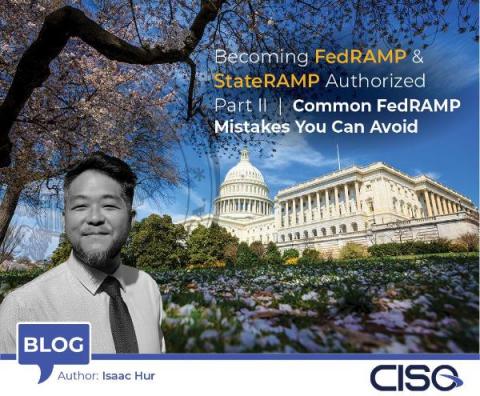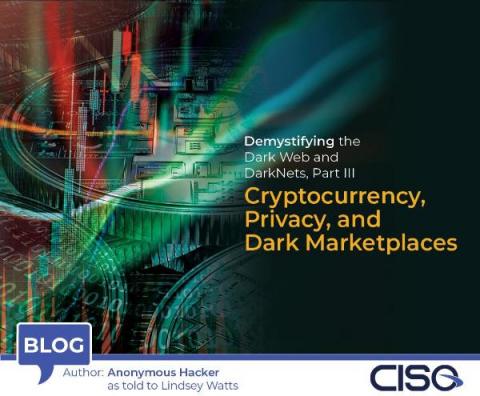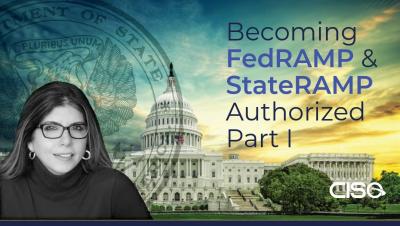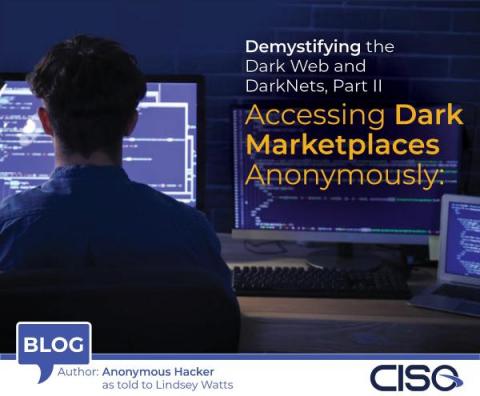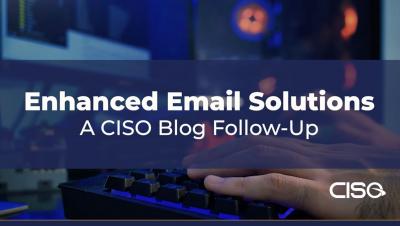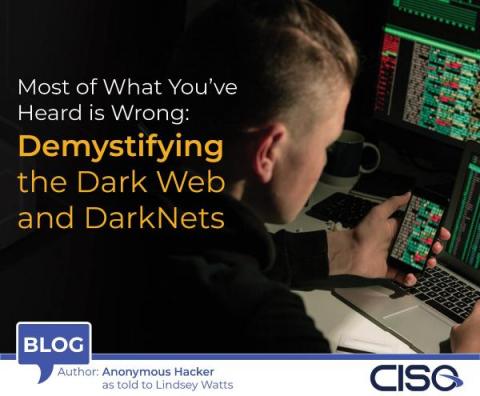Becoming FedRAMP and StateRAMP Authorized, Part 2 - Common FedRAMP Mistakes You Can Avoid
August 31, 2023 By Isac Hur, Senior FedRAMP/ StateRAMP/ CMMC Practice Lead and Quality Assurance As a compliance auditor and practitioner in the FedRAMP space, I see a lot of mistakes cloud service providers (CSPs) make that cause them a tremendous amount of grief when seeking authorization. The process is painful enough on its own, but many of the people you hear venting frustration have made missteps.


